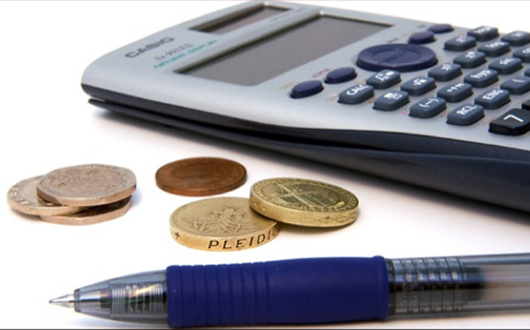All news » Things to check when preparing year-end accounts
Things to check when preparing year-end accounts

For the preparation of the year-end accounts, most companies use an accountant. For many businesses, this can be a difficult task, but if you learn to offer all the information required by your accountant, it can become relatively simple. Here are ten things you need to check when preparing year-end accounts. They contain the basic information your accountant needs, the main problem areas you need to pay closer attention to and a few advices about how to use the annual account process to improve your business.
Legal requirements
The accounts submitted to HMRC with your corporation tax return are the reference point for the company’s tax calculations. They must be submitted within 12 months of your company’s financial year end, with the company’s tax return.
Financial statements
All the financial information in your company’s year-end accounts are called financial statements, and they must contain an overview, a profit and loss account and the balance sheet.
Accounting records
A small business should prepare all of the following: bank statements, invoices for all purchases and sales, VAT records, Stock or uncompleted work, and a register of fixed assets. Bellow you can find some details about all of them.
Planing
Plan ahead, to be able to provide the necessary information for the year-end accounts in time. Always ask your accountant whether there are any particular steps you should take before the year end. Pay really close attention to these areas, since you might make mistakes really easily: purchases and sales, stock, fixed assets and employees. You can read more details bellow
Purchases and sales recording
Keep the purchases and sales recording as simple as possible in order to save time. Also list the outstanding debtors and outstanding creditors;
Stock/uncompleted work
The stock value is one of the most important elements for your businesses, and the cut-off between stock, purchases and sales is the area where you might make mistakes, so you have to pay close attention to it. You might need to carry out a stocktake, and then the stock must be valued.
Fixed assets
You need to keep a fixed asset register that should contain date and price for any purchase, a short description and the location of each item owned by the company. Your accountant may need a copy of all the relevant purchase invoices.
Employees
Always keep records for the payroll and the expense claims; make sure you are doing all your calculations correctly since the business is liable for any incorrectly deducted tax or National Insurance.
Feedback meeting
A meeting with your accountant is always recommended after the accounts are finished; you can use this meeting as an opportunity to ask for advices on how your activity can improve.
Keep a calendar with the most important dates
In order to be able to send all the data to your accountant in time, you should always be aware of all the important tax dates. Check the HMRC website for details about the important deadlines.
Get in touch to find out how we can help you
Tagged in: accounts Feedback meeting Financial statements Fixed assets Legal requirements prepare year-end accounts Purchases and sales recording year-end accounts
